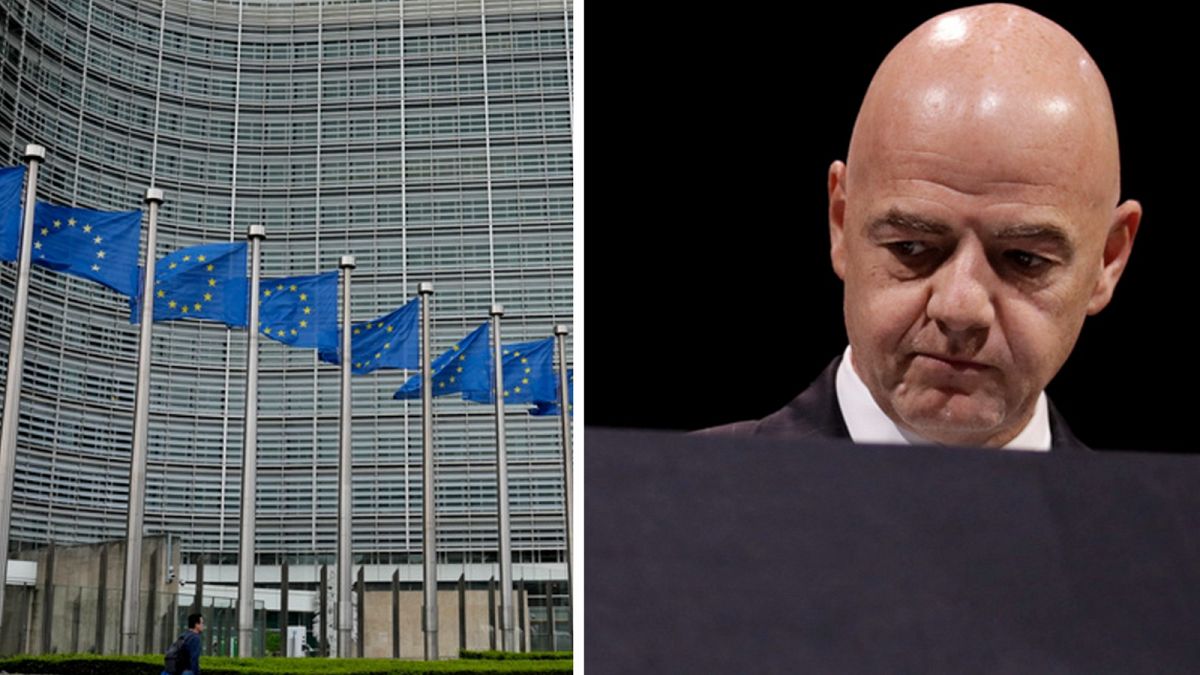European football leagues and players are raising concerns about FIFA’s international match calendar, which they believe is oversaturated and puts players’ welfare at risk. A legal complaint is being filed with the EU Commission challenging FIFA’s actions, which are seen as favoring their own competitions and commercial interests over the well-being of players and national leagues.
The dispute has intensified in recent years following FIFA’s decisions to expand the World Cup to 48 teams in 2026 and introduce a larger Club World Cup in 2025. National leagues and player unions have expressed opposition to these changes, but claim they were excluded from the decision-making process. This has led to the formal complaint being filed by European Leagues, La Liga, and FIFPRO Europe, in addition to separate actions by individual leagues and player unions at the national level.
The move by the European football leagues has been met with criticism from FIFA, who argue that the current calendar was approved unanimously following consultations with various entities, including FIFPRO and league bodies. FIFA accuses some European leagues of acting with commercial self-interest and hypocrisy, preferring a calendar filled with friendlies and summer tours instead of prioritizing the international calendar.
The European Commission in Brussels has the authority to intervene in cases of alleged breaches of competition law, and will likely review the complaint filed by European Leagues and player unions. FIFA manages the international games and tournaments calendar, dictating when clubs must release their players for national team duty. Top-tier leagues have raised concerns about not being fully consulted on the latest version of the calendar, which is in place until 2030.
The battle between European football leagues and FIFA highlights the complex relationship between governing bodies and national leagues when it comes to organizing international competitions. The disagreement over the scheduling of matches and tournaments reflects broader concerns about player welfare and the economic interests of clubs. The legal complaint filed with the EU Commission signals a potential shift in the power dynamics within the world of football.
The outcome of this dispute could have significant implications for the future of international football competitions and player welfare. As the legal process unfolds, it will be important to consider the perspectives of all parties involved, including FIFA, European Leagues, player unions, and national football associations. Finding a balance between commercial interests, competition organization, and player well-being will be crucial in resolving this ongoing conflict and shaping the future of the sport.










